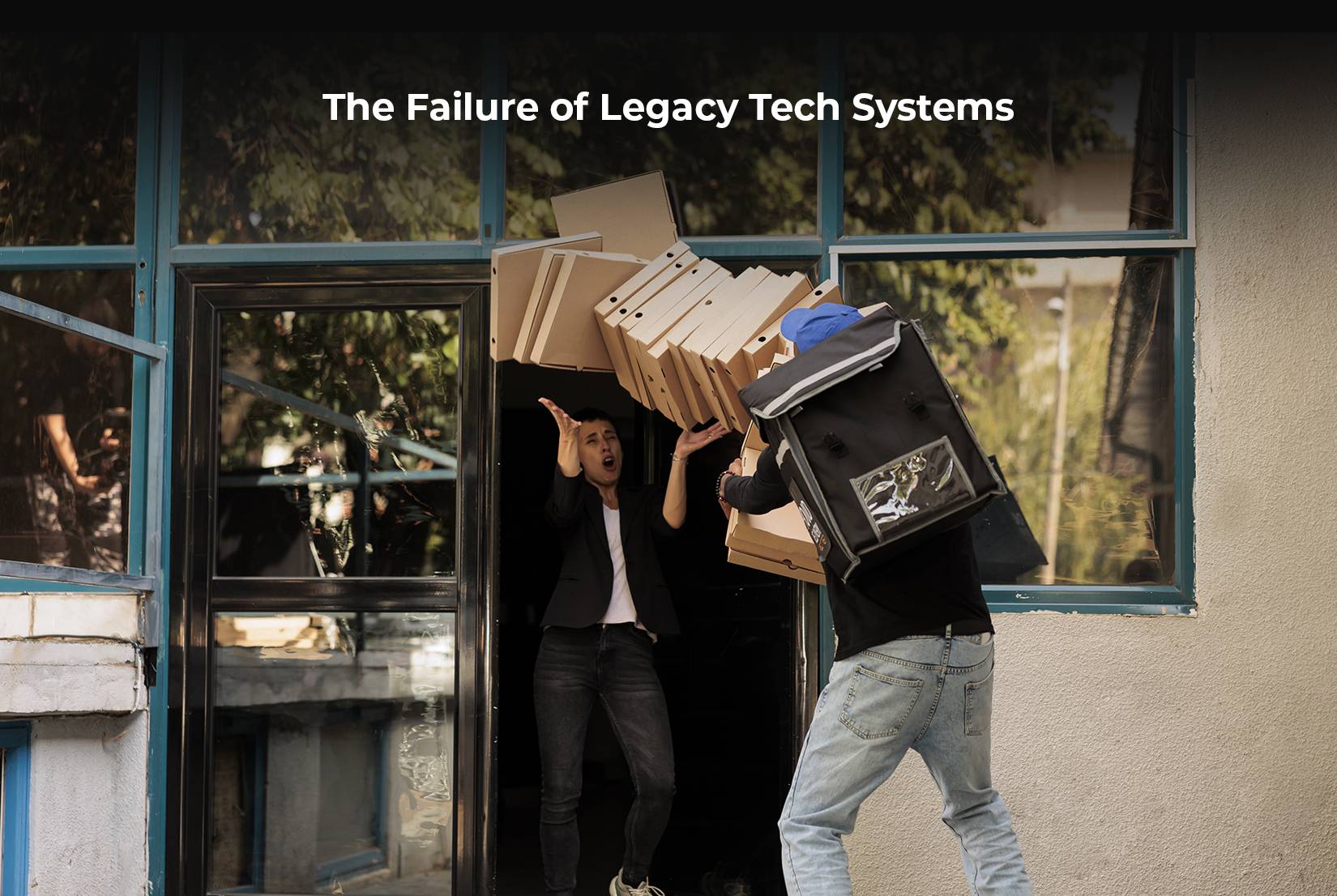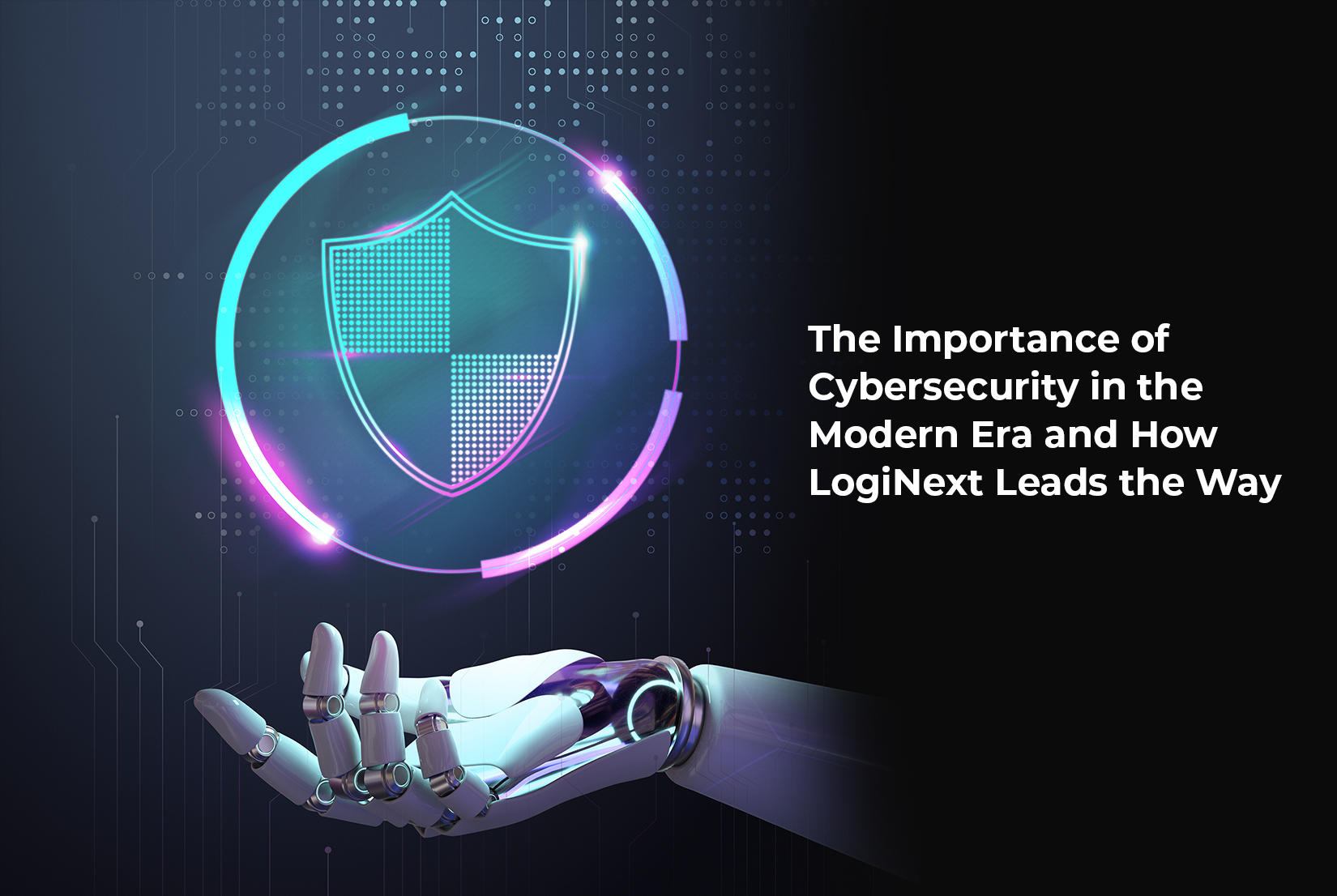
Blue Yonder’s Security Fails: LogiNext is the Right Solution
The recent ransomware attack on Blue Yonder, a leading provider of supply chain management software, has exposed critical vulnerabilities in its security infrastructure. This breach, which began on November 21, 2024, has disrupted operations for several high-profile clients. Clients including Starbucks, Kimberly-Clark, Anheuser-Busch, Best Buy, and major UK retailers like Morrisons and Sainsbury’s. The attack has raised significant concerns about the risks associated with relying on legacy technologies and third-party providers for mission-critical systems.
The Attack and Its Aftermath
Blue Yonder’s platform, which is hosted on Microsoft Azure, is a core component of its clients’ supply chain operations. However, it appears that a custom implementation of its services may have exposed vulnerabilities. Despite Azure’s security measures, such as dedicated incident response teams, Blue Yonder’s system was not adequately protected against sophisticated attacks. This highlights the flaws in Blue Yonder’s security strategy, which relied on legacy tech stacks not designed for modern threats.
The attack has led to severe disruptions in client operations. Companies that depend on Blue Yonder’s platform for tasks such as supply chain management, workforce scheduling, and inventory tracking are struggling to maintain business continuity. In response, Blue Yonder has engaged external cybersecurity firms and launched forensic investigations. However, there is no clear timeline for full recovery, leaving its 3,000 clients in a precarious situation.
The Failure of Legacy Tech Systems

The root cause of Blue Yonder’s security failures lies in its reliance on outdated, legacy technology. Businesses are increasingly shift to cloud-based systems and AI-driven platforms. This is a clear indication that legacy providers are struggling to keep up with modern cybersecurity demands. The attack on Blue Yonder is a stark reminder that any company that fails to update its tech stack regularly, or depends heavily on third-party platforms for critical operations, is at serious risk.
According to a report, cyberattacks have cost companies a staggering $44 billion in revenue since 2019. Yet, many organizations continue to rely on older systems that were not built with today’s advanced threats in mind. Blue Yonder’s failure to implement proactive cybersecurity measures such as early warning systems, continuous monitoring, and robust incident response protocols has left its clients vulnerable to catastrophic disruptions.
The Impact on Clients
The timing of the attack, just before the holiday season, exacerbated its impact on Blue Yonder’s clients. Retailers, eCommerce platforms, and quick-service restaurant (QSR), chains that rely heavily on supply chain management systems—are facing severe setbacks. Major UK supermarkets like Morrisons and Sainsbury’s, for example, reported significant disruptions in product availability, with some stores operating with as little as 60% of their usual stock. The situation is even more critical during the busy holiday season when demand spikes.
Katherine Woodhouse, a spokesperson for Morrisons, said that the outage at Blue Yonder had affected its warehouse management systems for fresh produce. As a result, the company has been forced to operate on backup systems to mitigate the fallout. In the U.S., major clients like Starbucks, Kimberly-Clark, Anheuser-Busch, and Best Buy were also impacted.
Even companies that are able to implement workarounds are facing significant challenges. Starbucks, for instance, has had to manually reconcile payroll and employee scheduling, leading to employee dissatisfaction.
The Importance of Cybersecurity in the Modern Era and How LogiNext Leads the Way

The Blue Yonder ransomware attack highlights the growing need for businesses to prioritize cybersecurity. As companies become more dependent on third-party platforms for their operations, data security must be a top priority. A single breach can lead to operational chaos, financial losses, and long-lasting damage to customer trust. Experts emphasize the importance of investing in robust cybersecurity frameworks that are capable of handling modern threats.
Dhruvil Sanghvi, Founder and CEO of LogiNext, pointed out that the risk of cyberattacks is a growing concern across industries. He explained that at LogiNext, the company has made security a priority by implementing a multi-layered approach, including OAuth, end-to-end encryption, and compliance with regulations like GDPR and CCPA. This proactive approach ensures that LogiNext’s platform remains secure and resilient to potential threats.
“Our platform adheres to the highest standards of compliance, including SOC 1, 2, 3 and ISO certifications. Our commitment to rigorous Vulnerability Assessment and Penetration Testing (VAPT), Dynamic and Static Application Security Testing, and continuous monitoring ensures that our systems, data, and user experience remain secure,” Sanghvi said. This level of security testing and monitoring is becoming essential for any company that operates in the digital age.
The Need for Change in the Industry
The Blue Yonder attack underscores a larger problem in the logistics and supply chain technology space: the prevalence of legacy systems that are ill-equipped to handle today’s cybersecurity threats. Many of these systems were built decades ago, long before cybercrime became the sophisticated, multi-billion-dollar industry it is today. As a result, they lack the robust, integrated security measures that modern platforms now offer.
Newer, more agile companies, like LogiNext, have recognized the importance of building their tech stacks with security in mind from the ground up. These companies focus on continuous monitoring, vulnerability assessments, and testing to ensure their platforms remain secure. This proactive approach is essential in today’s high-risk environment, where cyberattacks are becoming more frequent and more complex.
Also Read: Increase Supply Chain Visibility with LogiNext’s Advanced Software Solutions
Conclusion
The ransomware attack serves as a wake-up call for all companies relying on legacy systems and third-party providers for their critical operations. As the supply chain industry moves into a new era, it is clear that security must be built into the very fabric of technological solutions. Companies that fail to adopt modern, secure platforms risk falling victim to increasingly sophisticated cyberattacks.
It’s time to upgrade outdated legacy systems to more secure and advanced solutions. The future of supply chain management relies on this shift. LogiNext is at the forefront, paving the way for the next generation. Click the red button below to schedule a demo with LogiNext today.
104







@LogiNext